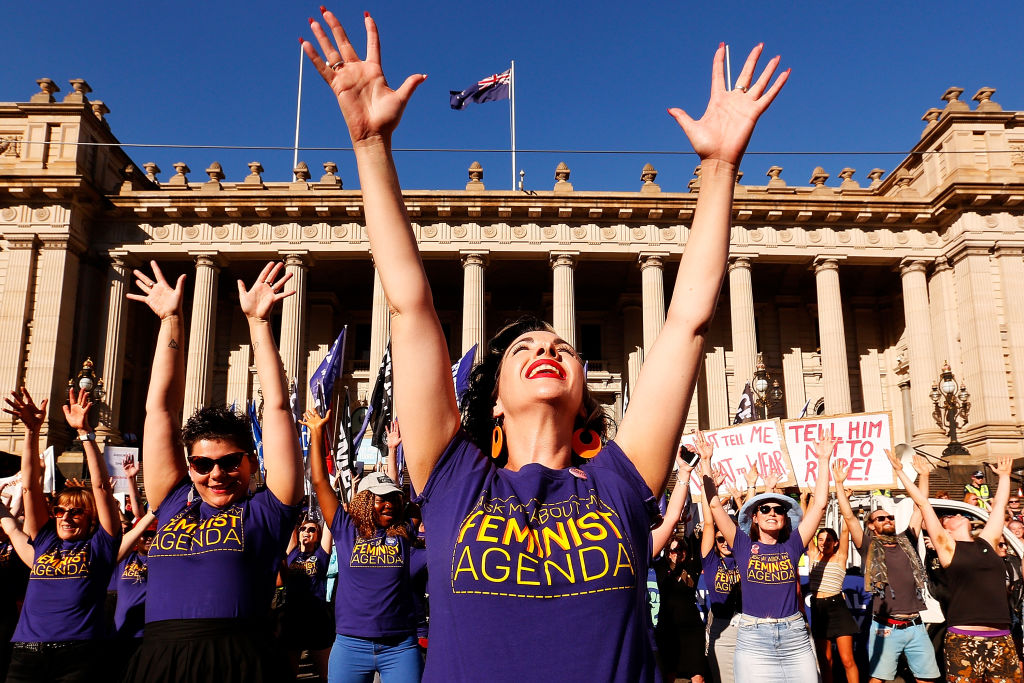March 8 is International Women’s Day, and people in dozens of countries are taking the opportunity to push for gender equality and commemorate the women’s movement .
For some, that means only visiting women-owned businesses, while others are going on strike for the “Day Without A Woman,” a protest started by the organizers of the recent Women’s March on Washington. Women are also participating in marches, sit-ins, and cultural exhibitions around the world, as well as calling their government representatives to make their voices heard.
Here’s what International Women’s Day looks like around the world.
Though the United Nations didn’t officially adopt International Women’s Day until 1975, the first Women’s Day took place in New York City on February 28, 1909.

People from dozens of nations are celebrating this year. The goal is to raise awareness about issues of civil liberties, reproductive rights, workplace discrimination, and economic inequality — and push for change.

Thousands of people demonstrated in several Australian cities and went on strike.

The evening before International Women’s Day, red shoes and flowers were placed on a sheet in Puerta del Sol, a public square in Madrid, Spain.

Many International Women’s Day participants, like these women in Seoul, Korea, are wearing red because it’s a color associated with the labor movement.

The day has no geographic or ethnic boundaries. Women in Yemen held banners as they took part in a protest in front of the UN building in Sanaa, Yemen.

In Sanya, China, approximately 1,000 people danced to celebrate the day.

In Tokyo, marchers drew attention to issues like equal pay and sexual harassment.

Women in Indonesia performed dances and marched in the streets of Yogyakarta.

A contemporary dance studio in Cairo, Egypt, opened up all classes for female participants today and offered steep discounts in celebration of the day.

During a rally in Diyarbakir, Turkey, a young girl held up a placard that read “NO” in Kurdish.

Some protesters in Manila, the capital of the Philippines, voiced their opposition to violence against women and the Philippine Congress’ revival of the death penalty.

Their acts are bound to make a powerful statement, heard around the world.

This post will continue to be updated with more images as the day unfolds.

